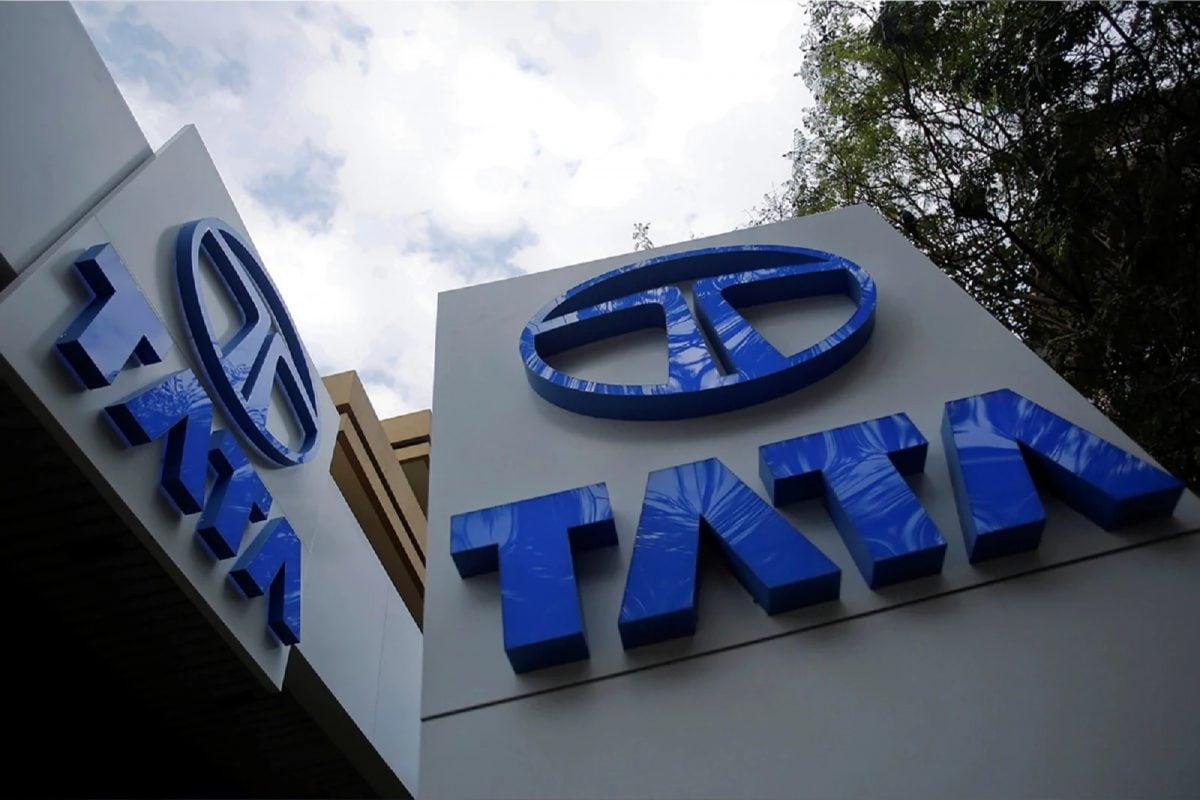Tata Group will look at manufacturing its own chipsets in India within a few years, the company has revealed. As per a new report by Nikkei Asia, Tata Sons Chairman Natarajan Chandrasekaran said that the company was engaging in discussions with “multiple players,” regarding partnerships with existing chip manufacturers. In the interview, Chandrasekaran pointed out that the company has set up Tata Electronics, “under which we are going to set up a semiconductor assembly testing business.” Tata has already announced a partnership with Tokyo-based Renesas Electronics in June this year, noted the report, which is based around semiconductor design and development. He added that the company is working on launching new businesses in emerging fields, including EVs (electric vehicles) as well.

Implications for India
The comments come at a time, when the Indian government is keen to boost investments in the electronics industry as a whole. Last month, Rajeev Chandrasekhar, Union minister of state for entrepreneurship, skill development, electronics and technology said that the Prime Minister has set a target to increase production in the electronics sector to $300 billion by 2025-26.
He had added that the government plans to fund $30 billion in electronics and semiconductors, wherein $20 billion will be invested in electronics manufacturing and design and $10 billion in semiconductor manufacturing, research and design. The government has also introduced an “India Semiconductor Mission”, which is “a specialised and independent business division within the Digital India Corporation that aims to build a vibrant semiconductor and display ecosystem.”
“We are not looking at creating leading edge technologies, but a 28 nanometer or 65 nanometer semiconductor business model that supports sponsor quality, process technology and capabilities. We will shortly come out with an approved proposal,” the minister had said as the Indian Express had reported.
Right now the semiconductor manufacturing is mostly located in China, but the pandemic has revealed a need for shift in global supply chains. There’s a growing need for chips in the Indian market as well, especially with the growth of electric vehicles (EVs). In fact, Tata already has multiple EV options for car buyers in India and is one of the key players in the segment.
As per the Nikkei report, Chandrasekaran expects EV sales to cross traditional internal combustion engine (ICE) sales by 2027 in India, faster than the predicted 2030 timeline, and thus the need for chipsets will only continue to grow.







